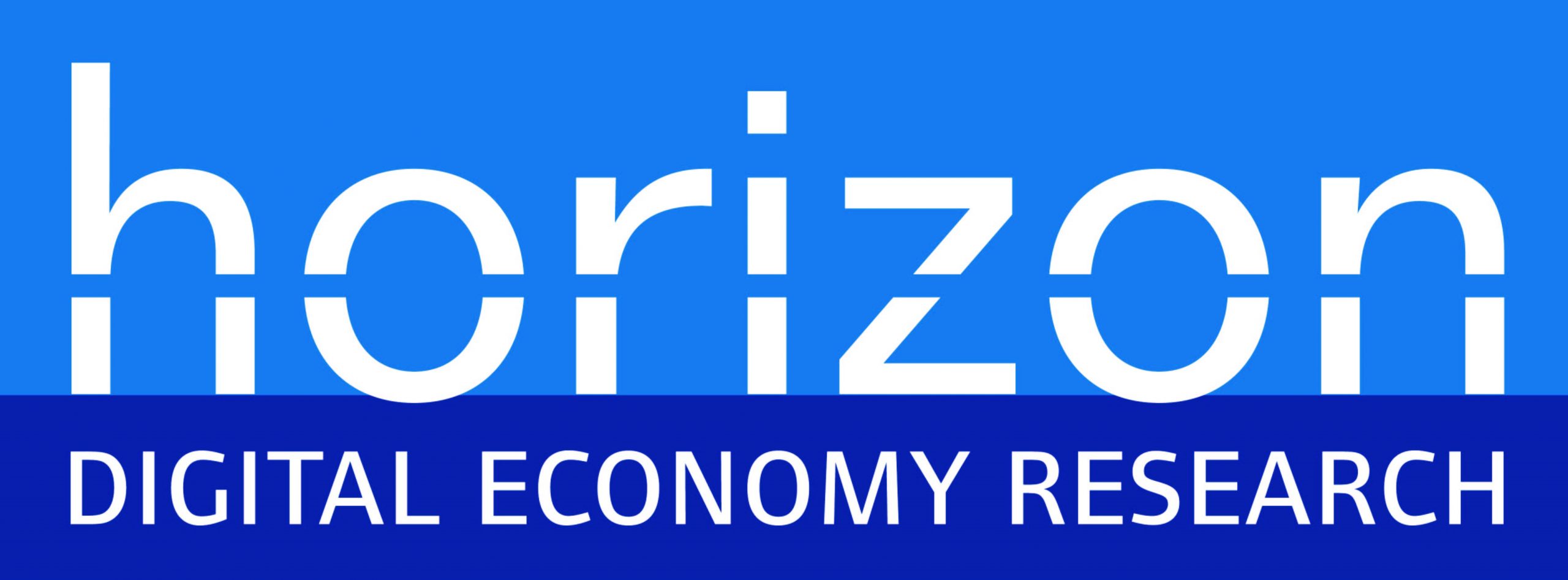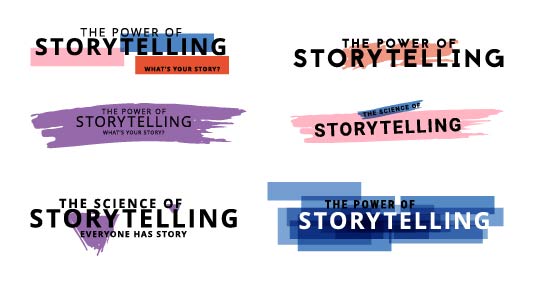Our Storytelling: Grow Your Own Adventure project is focused on how digital technologies may support parents and children to engage in rich, personalised and open-ended storytelling activities.
We are now reaching the end of the project and concluding our work. In our last blog post we discussed a workshop with parents to understand their everyday storytelling practice and familiarity technology in the home, alongside the development testing of three ‘storytelling assistant’ prototypes. We also set out our aim to the design a final prototype, a ‘take home’ resource connected to specific in-public events aimed at children, young people and their parents. We have now designed, developed and are currently deploying this final prototype story app, called Quest for the Silver Goblet. It is a web-based app that can be experienced on any networked computer or mobile device. The app positions audio as the principal focus of interaction, consisting of layers of spoken word, sound effects and music, although the GUI offers a visual representation of the script in addition to controls for navigating the app’s functionality. In this prototype we have integrated recordings of spoken word rather than using computer generated speech in response to feedback from the workshop. Furthermore, rather than reappropriating an existing story – such as the fairy-tales we worked with in previous prototypes – we have created an original story. We kept voice interaction as the interaction mechanism for users to engage with the app. The app prompts them to converse and make narrative choices at different branching points in the story, so as to change its direction. The app also presents practical and playful activities to complete that bring the story to life.
We wanted this final research activity to help us understand and evaluate the end-to-end production and end user consumption of the app, specifically: to understand how creative practitioners may approach the creation and production of interactive stories for our storytelling app; to get direct input from children in how original narratives and audio elements should be created; and capture family’s impressions of using the finished app in their homes. In response we sought out a collaboration opportunity with community practitioners and school children to create Quest for the Silver Goblet. Sarah West Valstar (education and participation producer at Nottingham Playhouse) acted as our creative producer, Matt Beames wrote the initial story script, actors Hayley Thornton and Stuart Reid brought the story characters to life, and the students of Year 5 at Middleton Primary School, Nottingham further developed the script and recorded sound effects. This took place over a concentrated period towards the end of September into early October 2022, where the research team and our creative practitioners took up residence at Middleton Primary School to work with the children. An initial script was prepared, recorded and configured into our app before this residency began. Then the year 5 children at Middleton Primary School spent a week iteratively developing branching story content – which was then recorded and added into the app – in addition to recording sound effects. A work in progress version of the app was showcased to parents at Middleton Primary School towards the end of the week. This was a busy, but rich activity that resulted in the finished production of the Quest for the Silver Goblet. We are now coming to the end of deploying the app into parents homes to evaluate how it is experienced.
As the project draws to a close our final activity will be to reflect back on the project as a whole, analyse the data we have captured along the way and then prepare a paper for publication. We would like to find opportunities to find further funding to take the project forward, either as a continuation, or a re-envisaging in response to some the questions revealed along the way.
The Quest for the Silver Goblet has been archived and is now available for all interested parties to use and experience. It can be accessed from this link: https://horizon-institute.github.io/qfs/

